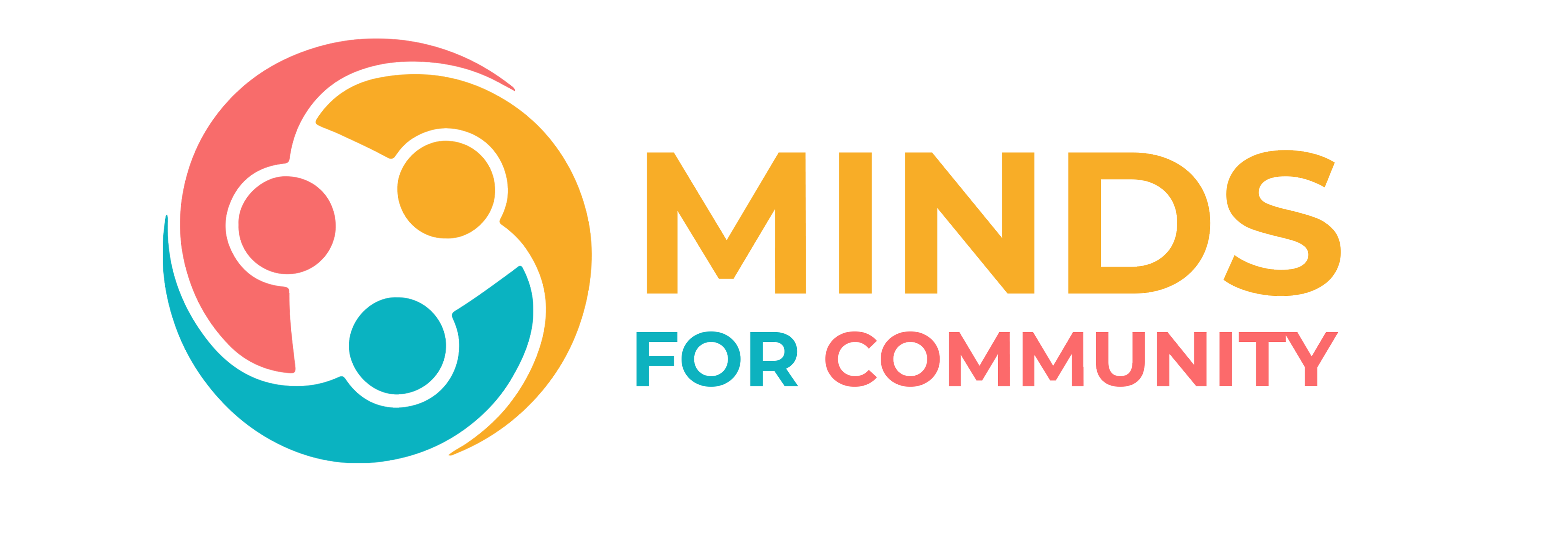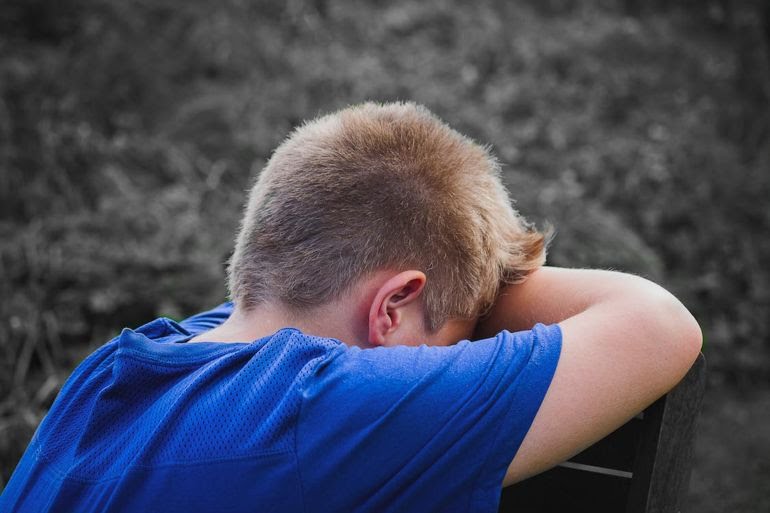Raising children is considered one of the most difficult responsibilities, although it is the most enjoyable for parents. Their unconditional love for their children enhances these children’s self-confidence and helps them succeed and prosper in the future.
Your children will not remain children forever. You will not imagine how quickly the days pass. Children grow up and leave us incredibly quickly without us even realizing it, so we can make sure to enjoy these moments before they grow up and have their own lives.
If our children had an unhappy childhood, and their emotional needs were not met by their caregivers, whether through neglect, rejection or abuse, it will have a profound and long-lasting impact in all areas of life.
Why does a child need to hear words from his parents that assure him that he is loved, and what are the effects on the individual’s life as an adult when he has an unloving childhood?
Unconditionally loved
Nothing leads to joy like communicating with your family members, developing relationships and strengthening bonds with them. Spending time with the people you love is one of the easiest ways to develop happiness.
In this regard, specialist in child psychology, Dr. Asma Toukan, confirms that childhood has an impact on adulthood, so the scars resulting from a child’s feeling that he is not loved will affect almost every area of his life.
She says that when a child’s emotional needs are not met in childhood, his development and personality are shaped accordingly. For example, a constant fear of abandonment and unhealthy attachment patterns in adulthood may be the result of a person not feeling safe, confident, and unconditionally loved in childhood.
She adds: “The child gets help from his parents to recognize his feelings and express them in a safe environment. Therefore, the absence of the parents’ love and support at this stage will negatively affect the child’s ability to express his feelings in the optimal way.”
If a person does not receive love and affection as a child – according to Toukan – he grows up feeling a constant void that he always seeks to fill, with no time to focus on his dreams, goals, or life.
When the child becomes an adult – according to specialist Toukan – he will either completely shut down his feelings, or he will express them in an exaggerated and uncontrolled way.
How can someone who missed out on a lovely childhood make up for it in a positive way? This is what he should do, according to specialist Touqan:
- Start taking positive steps to adopt healthy behaviors towards yourself.
- Compensating for the “inner child” in the person himself through self-compassion, to compensate for the love and tenderness he lacked in his childhood.
- Developing self-discipline and knowing how to set healthy boundaries will help move past the pain he experienced as a child.
- Finding a strong inner sense of self to fill the void and live a happy and fulfilling life.
- Talk to a psychotherapist to help you get treatment and get rid of your suffering.
Tips for healing in adulthood
Everyday opportunities to experience healing from childhood wounds should be sought. Here are some ways you can recover from feeling unloved as a child, including:
- Learn your triggers.
- Engage in supporting the child within you.
- Practice self-care and self-love.
- Use your past to figure out what you do and don’t want in life.
- Writing a diary or reading interactive (human) self-development books.
- Positively reframe internal beliefs (e.g., “I am an unloved daughter” to “I deserve love as an adult”).
- Build community within support groups with people who share similar experiences.
- Be patient and kind to yourself during the healing process.
“Validation with our inner child and the pain we experienced as children is not only healing, but empowering,” says Nancy Paloma Collins, a marriage and family therapist in California. “Trust the process and accept that healing is ongoing.”
For her part, clinical psychologist Carla Marie Manley believes that individual therapy is an ideal way to start, but group therapy through a skilled doctor is also wonderful, as participants benefit from the energy connecting the experiences of others.
“Remember, doing the work may be hard, but the result is worth it,” she says. “And even though the journey may seem long and even impossible, you deserve to heal from the inside out so you can live your best life.”






